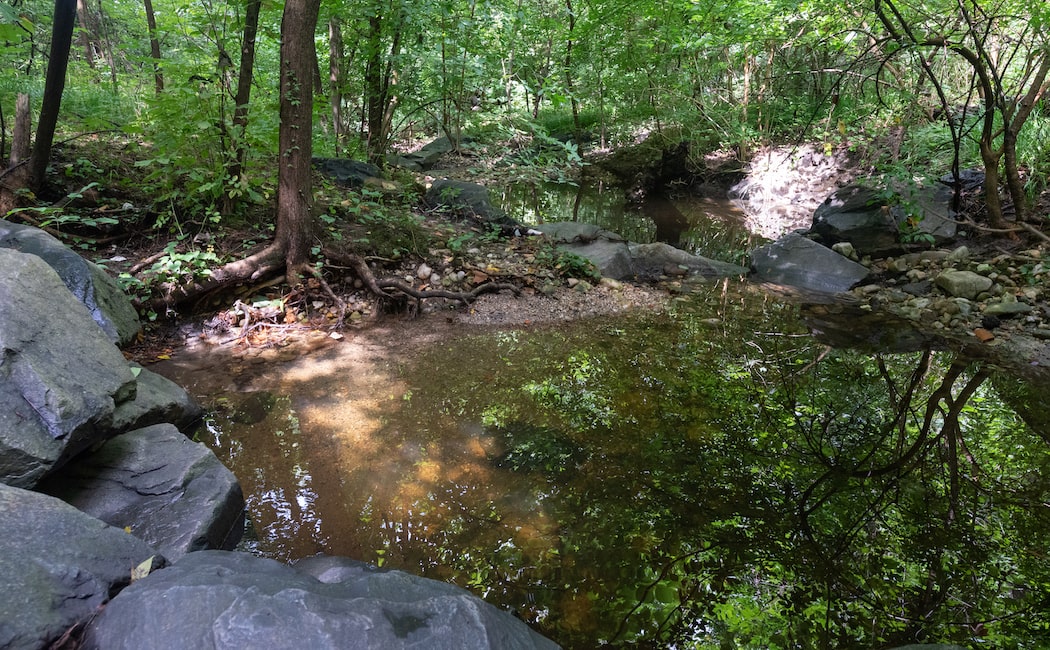Recognizing Indigenous Peoples' Day
Meaningful and authentic ways to acknowledge, honor and act for the day
October 9, 2022

Towson University is recognizing Indigenous Peoples’ Day, along with many states, cities, towns, and counties across the country.
Marked on the second Monday in October, Indigenous Peoples’ Day's roots reach to the late 1970s when the United Nations met in Geneva, Switzerland for the International Conference on Discrimination Against Indigenous Populations in the Americas. It was the first U.N. conference with Indigenous delegates and the first time that Native peoples were invited to participate. A resolution proposed by a delegation of Native nations was passed to recognize “International Day of Solidarity with the Indigenous Peoples of the Americas.” In 1989, South Dakota became the first U.S. state to officially replace Columbus Day with Indigenous People’s Day. Today many state and local governments have followed suit. 2021 marked the first year that a sitting U.S. president issued a proclamation to mark Indigenous People’s Day.
Indigenous People’s Day helps correct the incorrect, yet often taught, American history which has glorified people from Europe who colonized the Americans and, in the process, committed extensive, intergenerational violence against Indigenous communities while stealing their land. Indigenous Americans have long criticized the inaccuracies and harmful narratives involved in the historical stories taught in the U.S. about explorers which perpetuate stereotypes about Native Americans and through their heroization of the explorers, whitewash the histories of violence, genocide, and theft that Indigenous people were subjected to by the European colonizers. The narratives of European “discovery” of the Americas erases the acknowledgement of the people and civilizations who existed on this land long before the Europeans arrived.
TU’s Diversity Strategic Plan stated that part of the University's commitment to diversity, equity and inclusion involves acknowledging that this work “has its roots in a past rich with complex stories of success, pain, accomplishment, struggle and, ultimately, hope that TU will continue to move forward with a reconciled and more inclusive history.” The goal is to tell a more complete, complex, and reconciled history of the land and native peoples of our region and state.
At least eight known nations or groups of American Indians are native to Maryland including the Piscataway, Susquehannock and the Nentego (Nanticoke).
Acknowledgment of the land
In developing guidance for offering a land acknowledgment at TU, last year the Office of Inclusion & Institutional Equity joined a community coalition that includes nonprofit organizations, art museums, state agencies and other universities. The coalition identified elders from tribes indigenous to the area and conducted a series of oral histories to understand more about the Indigenous people of this region as well as their own thoughts and perspectives on the growing popularity of land acknowledgments, as well as guidance for the most authentic, respectful and appropriate ways to create one.
“The interviews with local elders were a crucial component of developing guidance for our own campus,” says Brian Jara, Assistant Director of Diversity Training & Education Initiatives. “the elders stressed that individuals reciting boilerplate language often does more harm than good, as it allows people to distance themselves from the important process of reflecting upon our actions, educating ourselves about accurate histories, examine the ways in which we may be contributing to perpetuation of the wrongs committed against Indigenous communities in the current day, and in turn take action that can help reduce harm to Indigenous communities. Instead, through actively creating a personal land acknowledgement people can help facilitate recognition and healing.”
As a starting point for creating your land acknowledgement(s), you can visit the OIIE website on land acknowledgements for some background, context, and suggestions. Below are some actions that you can take now to begin to educate yourself about Indigenous issues and support Indigenous communities include:
- Reflecting upon how you may have inadvertently appropriated Native culture or caused additional harm.
- Reflect upon how you are supporting Native entrepreneurs, businesses, artists and other vendors.
- Examine whether your elected representatives and municipalities prioritize and advocate for Native nations.
- Think about how you can adventure responsibly when traveling.
- Examine how your travel itinerary respects Indigenous sacred sites and Native nations’ sovereignty and helps protects fragile ecosystems.
- Familiarize yourself with regulations to avoid harming Native nations and the land.
An important part of land acknowledgement preparation is to research the histories of the above-mentioned tribes, the land upon which we sit and the totality of the lands across which you have traversed, including information about the tribes that continue on to this day as well as the languages, cultures and tribes that were destroyed by colonialism, some of whom did not survive the atrocities committed against them.
Include a Concrete Plan of Action
All land acknowledgements should include a concrete plan of action and a commitment to follow through on that plan. Some suggested concrete steps to consider and/or include in your personalized land acknowledgment include:
- identify concrete and realistic steps, turn them into achievable goals
- be willing to share your plan with others while also making time and space with colleagues, friends, family, neighbors and others to share plans of action
- keep your plan with you, where it is easily accessible
- track your progress, hold yourself accountable and focus on progress, not perfection
- make an ongoing commitment to do better
This fall, OIIE will begin hosting workshops to help guide people through creating authentic acknowledgment statements and actions. “Together at TU as we learn to acknowledge the land, the people, and the past, we can grow a responsible culture that provides genuinely inclusive visibility for all Indigenous students, staff, and faculty on campus. Honoring Indigenous People’s Day together and genuinely acknowledging the land and Indigenous people are important steps forward toward that goal,” says Patricia Bradley.